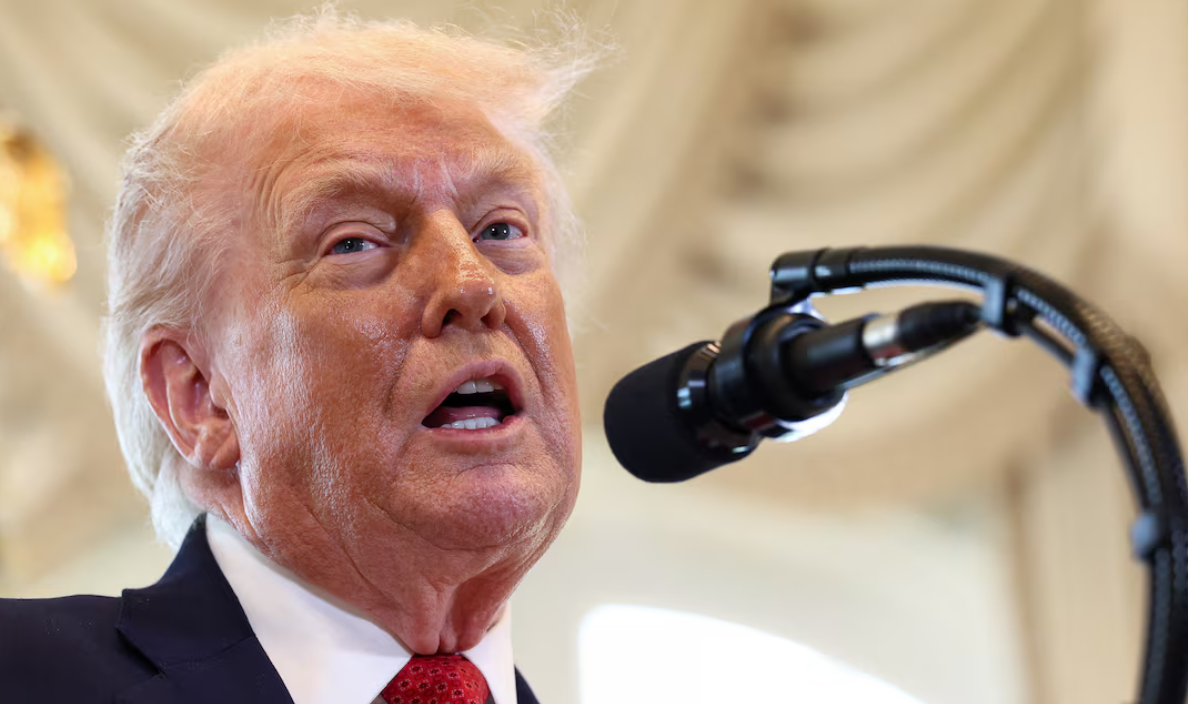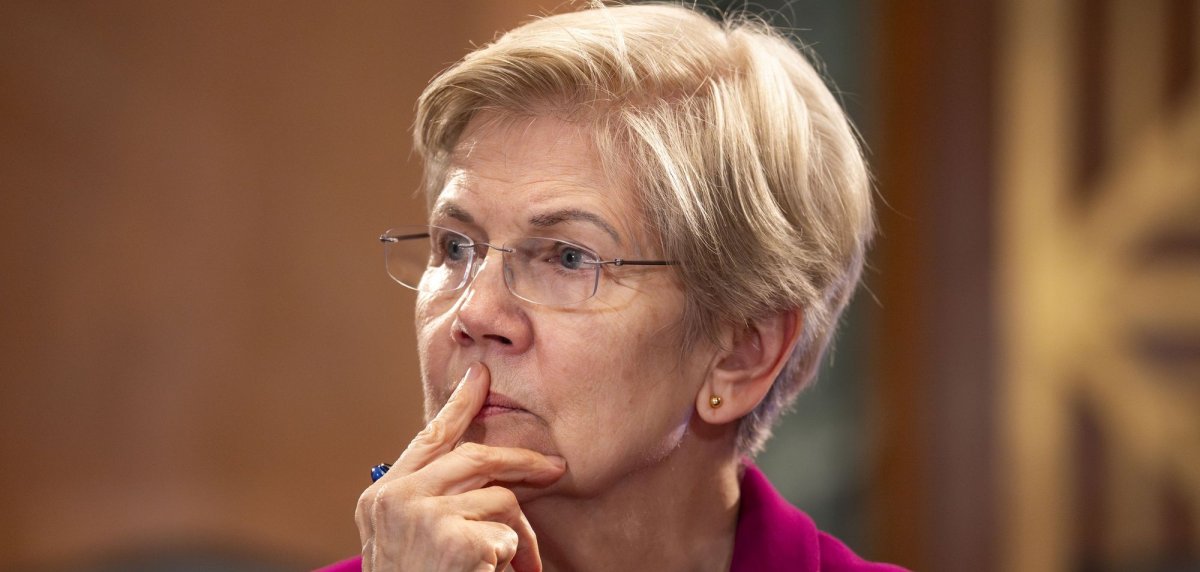WASHINGTON—The U.S. budget deficit topped $1.8 trillion in the latest fiscal year, driven by higher spending on interest and programs for older Americans, as the government faces a persistent gap between federal outlays and tax collections.
The new data comes as Republican presidential nominee Donald Trump and Democratic pick Kamala Harris are both proposing new tax and spending plans that are estimated to add trillions more to the deficit over the next decade.
Whoever wins the election will face immediate decisions next year about agencies’ spending levels, the federal debt limit and expiring tax cuts. That debate will be pulled one way by a future filled with projections of red ink and pulled the other by Americans who enjoy federal benefits and lower taxes.
In all, the government collected $4.92 trillion in revenue and spent $6.75 trillion, putting the deficit at $1.83 trillion for the year that ended Sept. 30, according to the Congressional Budget Office, which issued its estimates ahead of the official administration tallies expected later this month.
The deficit in 2023 was officially $1.7 trillion, but it was actually larger than that. That is because the government recorded more than $300 billion in spending for student-debt cancellation in 2022 and recorded a similar-size spending cut in 2023 when the Supreme Court blocked President Biden’s program.
After making that adjustment, the deficit was slightly smaller in 2024 than in 2023. Overall, the deficit was 4% smaller than CBO had projected in June.
The largest federal entitlement programs—Social Security and Medicare—cost 6% more than they did in fiscal 2023, or even more when adjusting for the timing of some payments, according to CBO. The U.S. spent $950 billion on interest, up 34% from the prior year, mostly because of higher interest rates. Interest costs surpassed military spending.
Revenue climbed 11%, driven in part by taxes that were pushed from fiscal 2023 to 2024 because of disasters in California and by the Internal Revenue Service pausing payments of the employee retention tax credit, a troubled pandemic-era program.
“While the deficit is lower than it was last year, President Biden believes we need to reduce the deficit further by making the wealthy and large corporations pay their fair share, and by reducing wasteful spending on special interests like Big Pharma,” said White House spokesman Jeremy Edwards.
House Budget Committee Chairman Jodey Arrington (R., Texas) said the “Biden-Harris agenda of unbridled spending and record inflation has pushed our nation further along a completely unsustainable path.”
The latest deficit reading is about 6.4% of gross domestic product. The U.S. has run larger budget deficits before, both in dollars and as a share of GDP. But the country set those records during wars, economic crises and the coronavirus pandemic, not during a period like today’s low unemployment and solid growth.
Projections show continued deficits for the foreseeable future and accumulated debt reaching record levels within a few years. That isn’t a crisis, economists say, but the U.S. fiscal situation is riskier now.
Congress has missed opportunities to act and should move soon to make Medicare more efficient and make Social Security benefits less generous than projected, said Romina Boccia, director of budget and entitlement policy at the Cato Institute, which favors smaller government.
“Any fiscal plan that doesn’t address these programs is basically not addressing the root cause of higher spending,” she said.
Policymakers in both parties often talk about reducing budget deficits, but they disagree sharply on how to do so. They have in recent years agreed to limit spending by federal agencies. Those bipartisan deals haven’t touched Social Security and Medicare, though healthcare costs have grown more slowly than expected
Indeed, both major-party candidates have promised to avoid benefit cuts in Social Security and Medicare. Harris is now proposing to expand Medicare to cover long-term home care, which would add to spending.
Trump has called for some budget cuts and higher tariffs, but his proposed tax cuts far outweigh them. All estimates carry uncertainty, but Trump’s fiscal proposals would increase budget deficits by $7.5 trillion beyond what would happen if Congress does nothing, according to an analysis from the Committee for a Responsible Federal Budget, or CRFB, which favors deficit reduction.
In addition to extending expiring tax cuts, Trump has proposed eliminating taxes on tips, overtime pay and Social Security benefits. Although he has called for closing the Education Department and rescinding some clean-energy tax credits, his missile-defense and mass-deportation programs would add costs.
Democrats, including Harris, say they will use tax increases on top earners and corporations to pay for new programs and reduce deficits. But the CRFB estimated that Harris’s proposals would increase deficits by $3.5 trillion.
Progressives are focused on the expiration of many of Trump’s 2017 tax cuts next year as a crucial moment for fiscal policy changes, and they are advocating finding new taxes to pay for any extensions.
“The first real opportunity right now to make progress on this front is not digging this hole deeper,” said David Kamin, who was a White House aide to President Biden and former President Barack Obama. “Next year looks like a good year to move toward a more sustainable trajectory and to pay for extension of the tax cuts.”
Harris has called for extending the tax cuts for households making below $400,000, and she has endorsed a larger child tax credit and new affordable-housing and healthcare initiatives. Paying for those programs—and getting Congress on board—would be challenging if she wins, particularly if Democrats don’t hold the House and Senate. She supports many of President Biden’s proposed tax increases, which would raise levies on corporations and high-income households; Republicans oppose them and warn that they would constrict economic growth.




